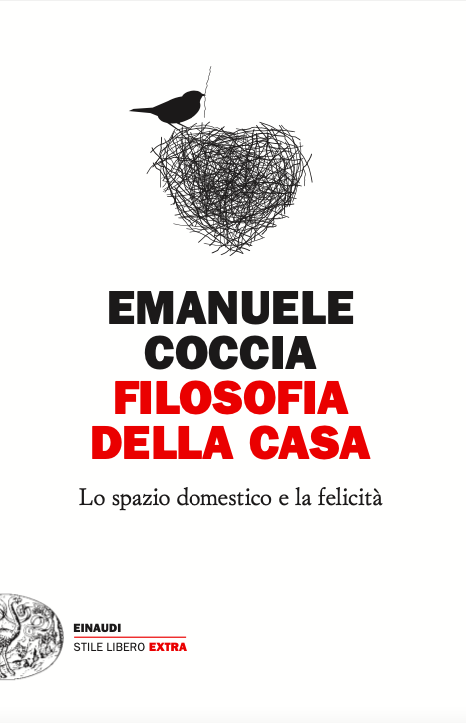
Filosofia della casa
“An enlightening little book, an elf that lights up rooms and makes you understand what they are and represent.” Gabriele Romagnoli, la Repubblica
“Coccia starts from clearly established principles; they are often questionable, but he doesn’t care. He takes them seriously and from there begins to articulate his reasoning with brilliance. On this path, he arrives at conclusions that are plausible, if not actually true, and in my opinion extremely useful for reading the world. He belongs to a group of thinkers who do not seem to care much about what the great philosophers have worked out before them. They start from scratch. The material he uses comes from anthropologists, psychologists, sociologists, even theologians. And I admire this form of intellectual arrogance.” Alessandro Baricco
“Amazing, I recommend reading it.” Concita De Gregorio
“A home understood as a psychic and material artifact that allows us to be in the world better than our nature would allow us to be.” Rooms, furnishings, objects, but also people and animals, with whom we weave “a relationship so intense that our happiness and our breath become inseparable”. In Coccia’s story, there are reflections reinforced by personal experiences (about thirty moves in 45 years of life), joys, sorrows, broken and restored balances. And general analyses on the extension of the habit of “making a home” to the whole planet, deeply anthropized. Intimacy and exteriority find new relationships, often in critical conditions. And now it will really be worth experimenting with better ways of living and inhabiting the world.” Huffpost
“If today Coccia is one of the most important and original philosophers of his generation, it is because he had the courage, as well as the ability, to do philosophy in a way that is both classic and radically innovative, refined and pop, freeing philosophy from the complex of the masters and from the stale idea of a discipline folded back on itself to ruminate on its own history. His is a philosophical path of radical openness to everything, ranging from advertising as a moral discourse to the life of plants, from the metamorphosis of the One-All to the home, from social media to fashion, from autobiography to angels.” Tuttolibri
Philosophical modernity has focused everything on the city, but the future of the world can only be domestic. We need to think about the home: we live in the urgency of making this planet a real home, or rather of making our home a real planet, a space capable of welcoming everyone.
Philosophy has always had a special relationship with the city. It was born there, it learned to speak there and it is within its walls that it has always imagined its history and its future. But it is always and only through the mediation of a house that we are in the city. Whether in Paris or Berlin, Tokyo or New York, we are only able to inhabit the cities we live in thanks to bedrooms and kitchens, thanks to chairs, desks, wardrobes, bathtubs and radiators.
Yet philosophy has always spoken very little about the home and this neglect is far from innocent. Because of it, the home has become a space in which wrongs, oppressions, injustices and inequalities have been hidden, forgotten and reproduced unconsciously and mechanically for centuries. It is in and through the home, for example, that gender inequality has been produced, affirmed and justified. It is in and through the home, and in the order of property it founds and embodies, that society has been organised in economic inequality. It is through the modern home – a space in which, with a few very rare exceptions, only human beings can stay – that the radical opposition between human and non-human, between the city and the forest, between the “civilised” and the savage, has been constructed and reinforced. Forgetting the home was a way for philosophy to forget itself.
One of the most eclectic and esteemed European intellectuals of his generation tackles, with the tools of philosophy and his trademark originality, the theme of the home, the threshold between us and the rest of reality, the inexhaustible attempt to overlap our happiness with the world. And he has written an exceptional book: highly refined and prodigiously pop.
Publication date: 01.06.2021
Publisher: Einaudi Stile Libero
Number of Pages: 180
Country: Italy
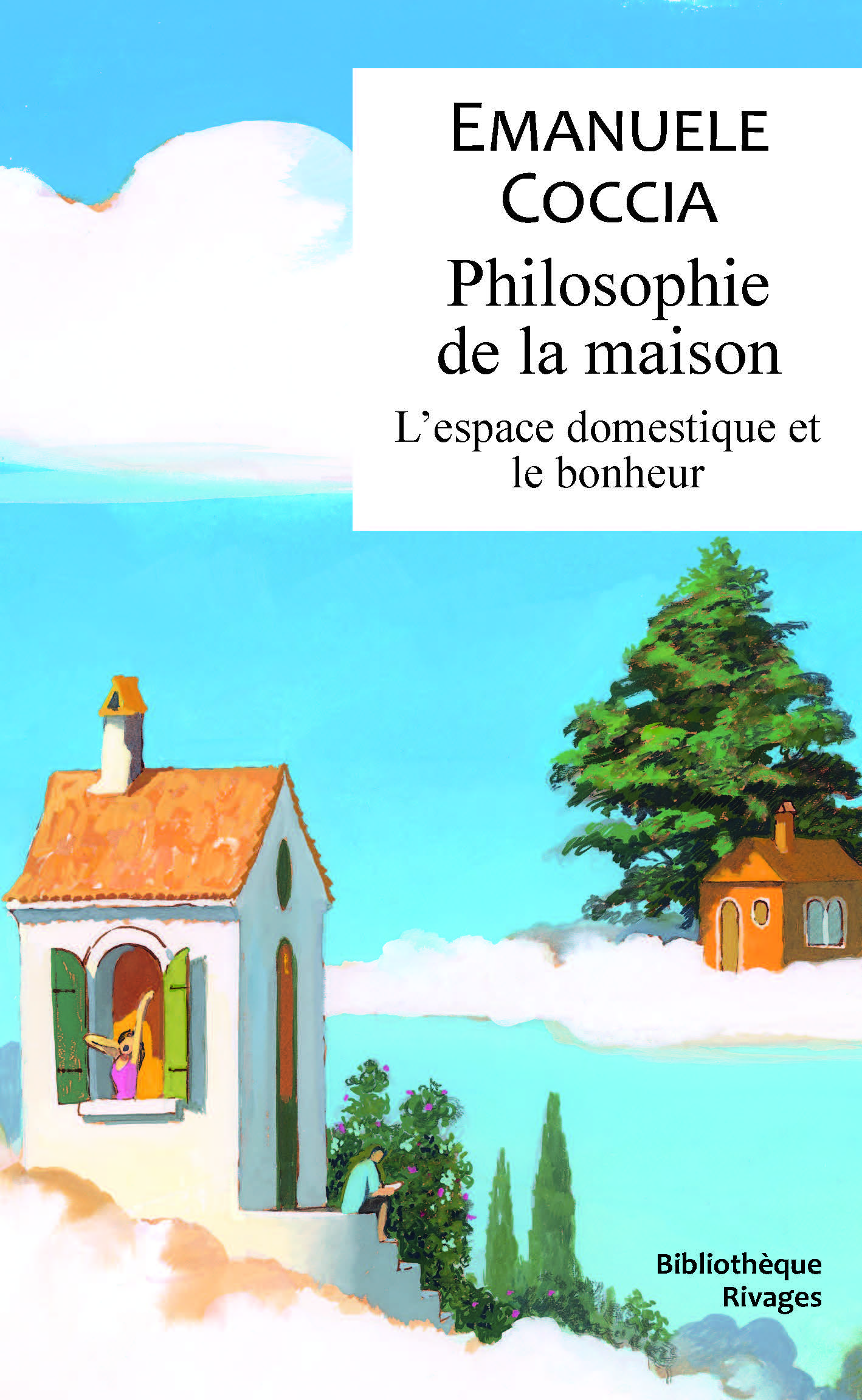
Francia
13 October 2021
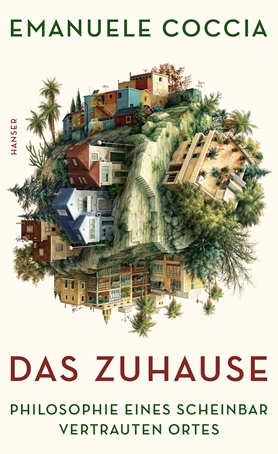
Germania
22 August 2022

Japan
1 July 2024
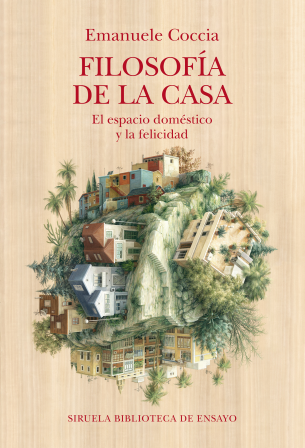
Spain
26 November 2024

UK
18 April 2024
Arabic: Al Arabi
Argentina: La Cebra
Brasil: Dantes
France: Payot & Rivages
Germany: Hanser Verlag
Japan: Keiso Shobo
The Netherlands: Leesmagazijn
Spain: Siruela ediciones
World English: Penguin Press
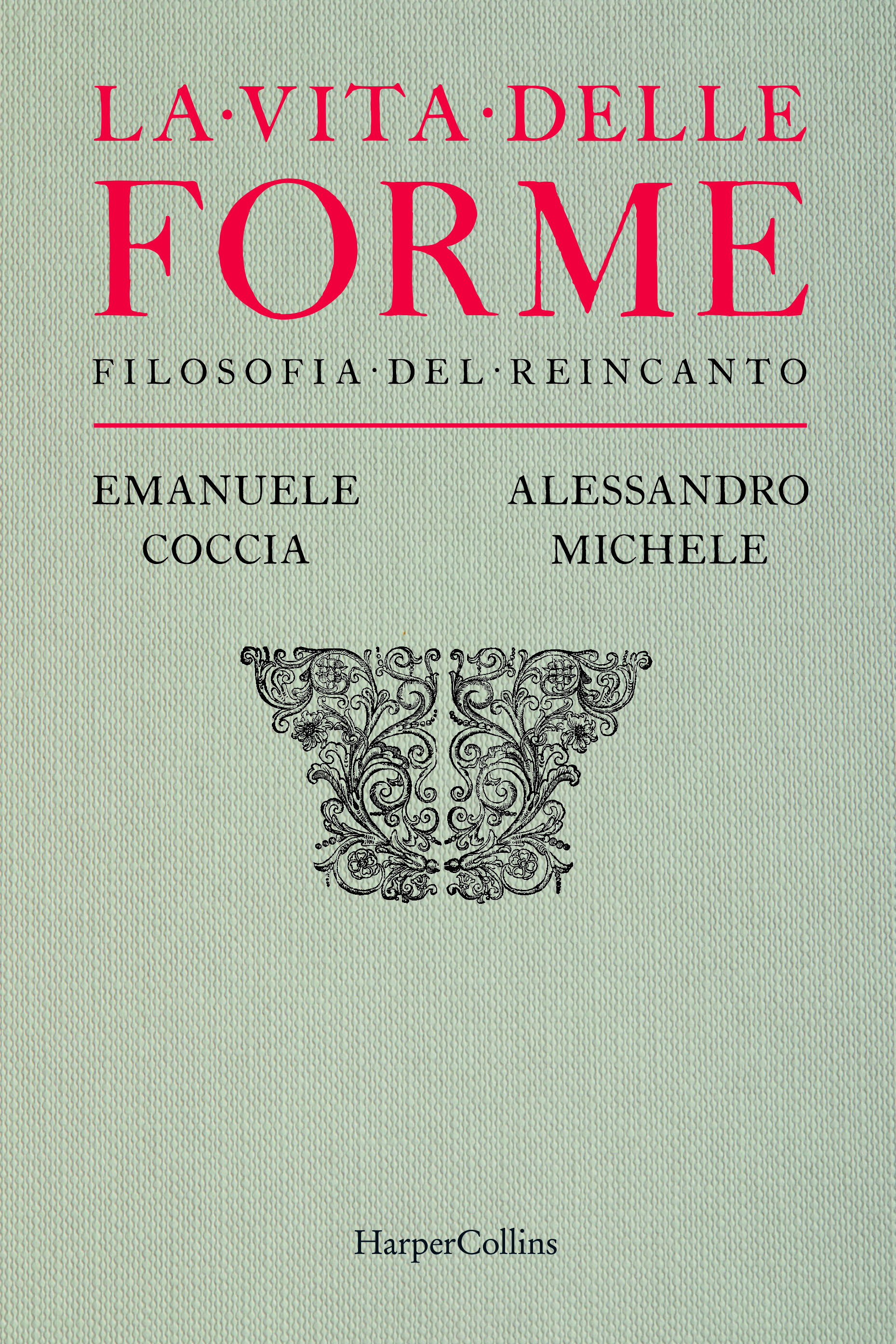
Italy
7 May 2024
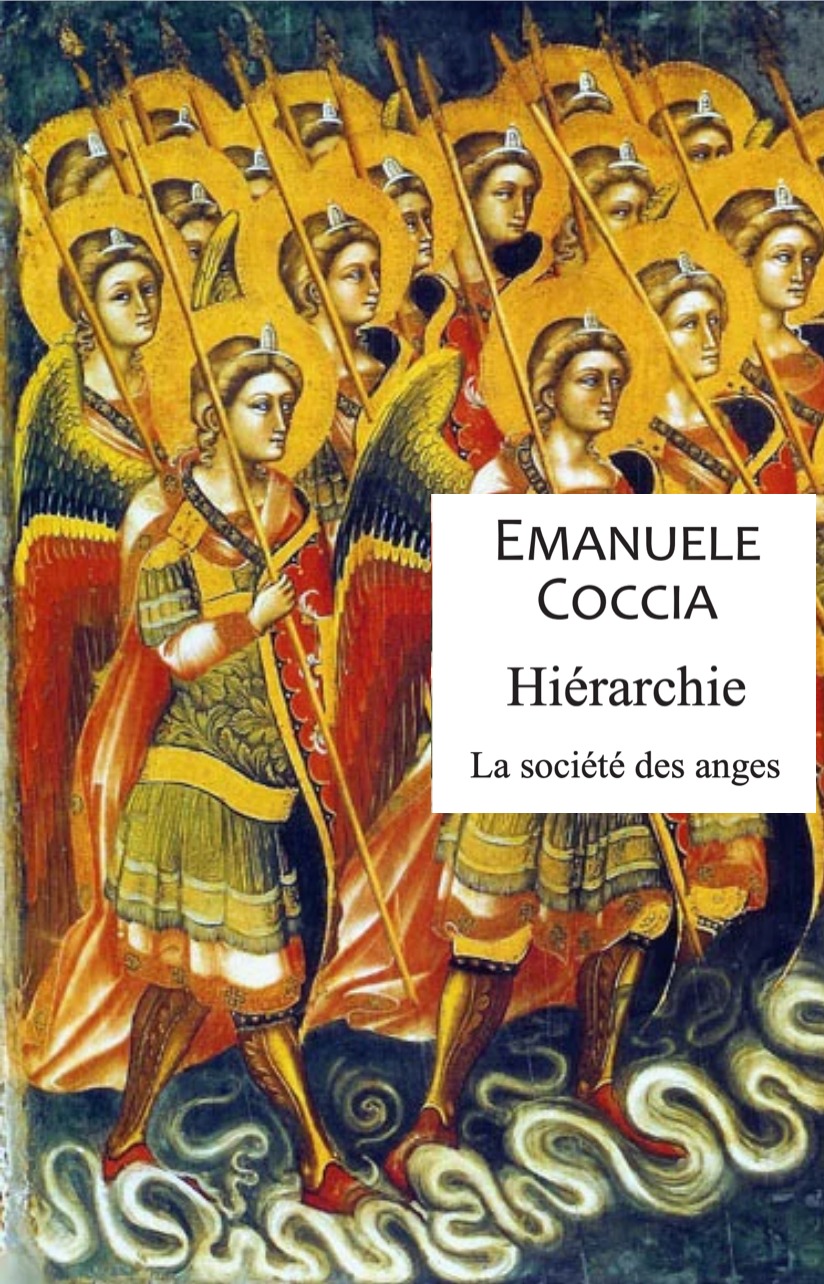
France
8 November 2023
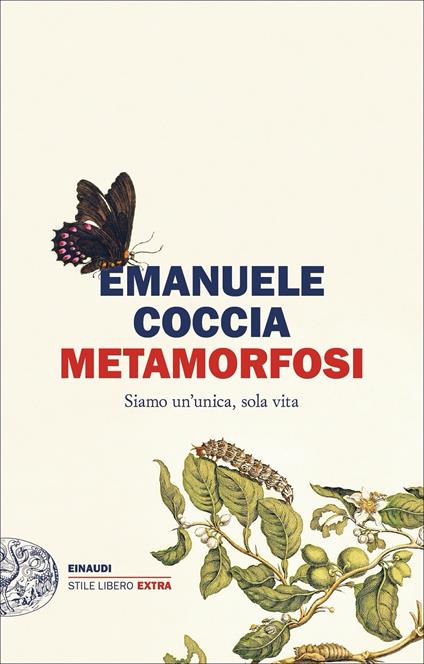
Italy
12 April 2022
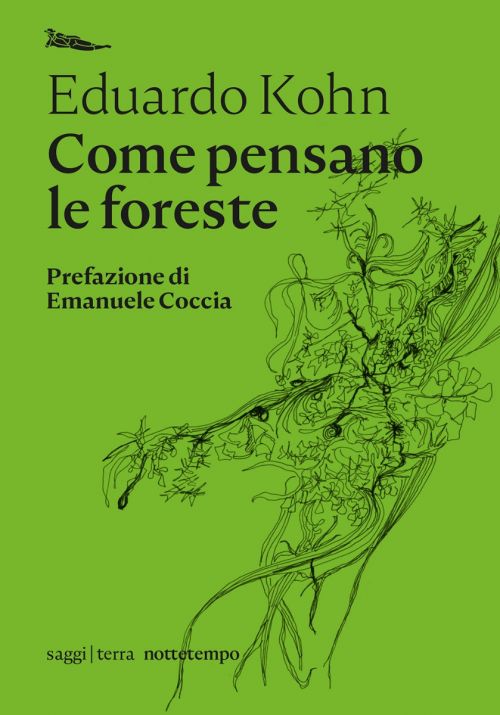
Italy
24 June 2021
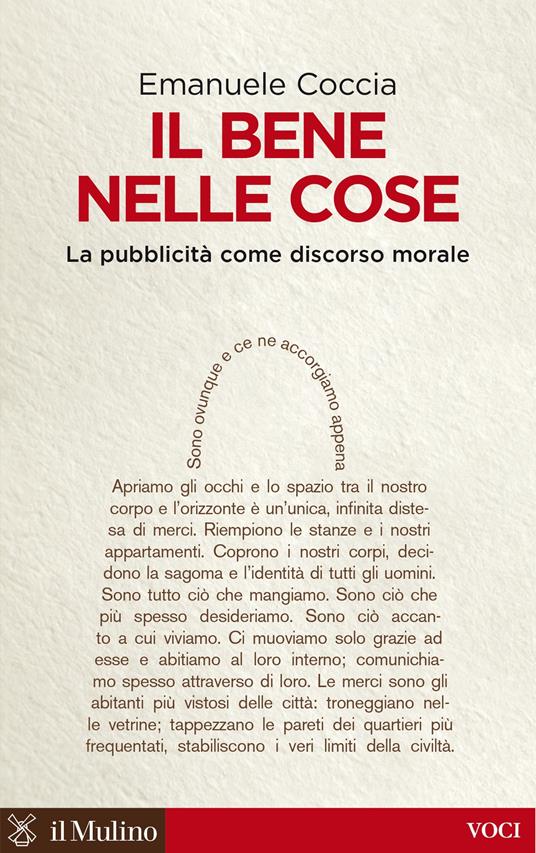
Italy
6 February 2014